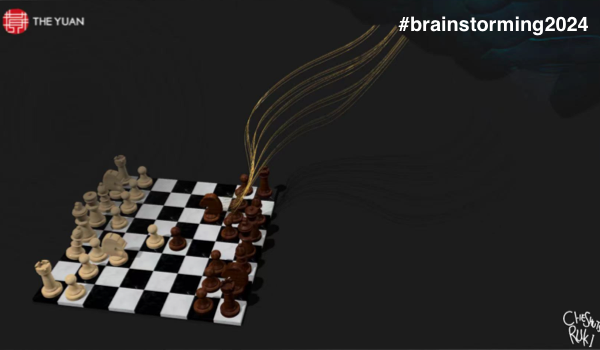


DEGGENDORF, GERMANY - Since the first draft of the European Union’s Artificial Intelligence (AI) Act was published in April 2021, thousands of amendments have been proposed by the European Parliament and the different presidencies of the Council of the European Union (Council), which is an organ of the EU.
In the political system of the EU, it exercises the legislative power of the EU together with the European Parliament. It represents the governments of the 27 EU member states and negotiates policy areas in which the European Parliament has less say.
The amendments address the feedback - both positive and negative - that the initial proposal has received. In addition, the European Parliament - along with some national parliaments of the EU member states - has held expert hearings to better understand the AI Act.
I advised the parliaments of France and Germany in 2021, and more recently Luxembourg’s parliament in early 2022, and Germany’s again in the autumn of 2022.1
While the amendments mainly address minute details, major questions are rarely discussed in the parliamentary debates. The main question that these legislatures should be seriously discussing is whether the horizontal approach taken by the AI Act is actually necessary at all. In practice, all high-risk use cases are already being regulated vertically. Such regulation already addresses use cases and should instead be amended or extended as needed with regard to AI.
In addition, the AI Treaty was proposed by the Council of Europe in late 2021, with further discussions commencing in 2022. Note that the Council of Europe is not the same as the Council of the EU. The Council of Europe is an international organization intended to uphold human rights, democracy, and the rule of law in Europe. It has 46 member states and is distinct from the EU. The AI Treaty would then also focus on human rights, democracy, and the rule of law
The content herein is subject to copyright by The Yuan. All rights reserved. The content of the services is owned or licensed to The Yuan. Such content from The Yuan may be shared and reprinted but must clearly identify The Yuan as its original source. Content from a third-party copyright holder identified in the copyright notice contained in such third party’s content appearing in The Yuan must likewise be clearly labeled as such. Continue with Linkedin
Continue with Linkedin
 Continue with Google
Continue with Google









 893 views
893 views








